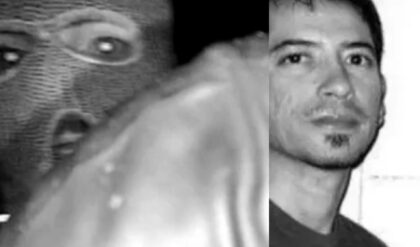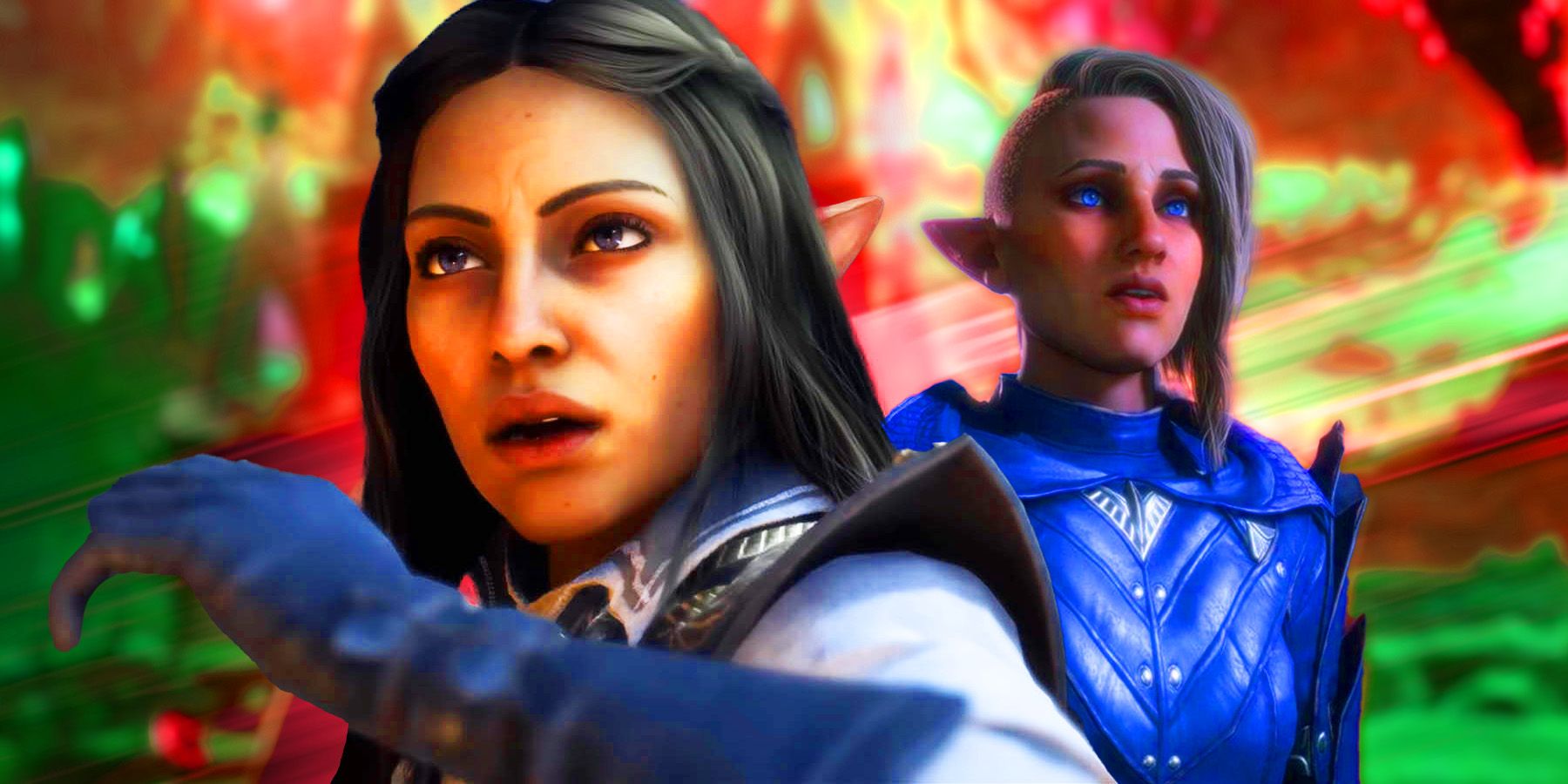
Since even before the start of BioWare’s two biggest franchises, Mass Effect and Dragon Age, the studio’s RPGs have lived by the promise that player choice would heavily impact the games’ narratives, deciding the course of major events, relationships between characters, and even which characters live or die. As the games have gone on to receive multiple sequels, however, they no longer just have to account for the decisions made in their own stories, but also for decisions in past games, in an attempt to create a long-running, series-wide story that the player can influence across multiple different titles.
Dragon Age: The Veilguard Has A Continuity Problem
DAV Feels Disconnected From The Previous Three Games In The Series
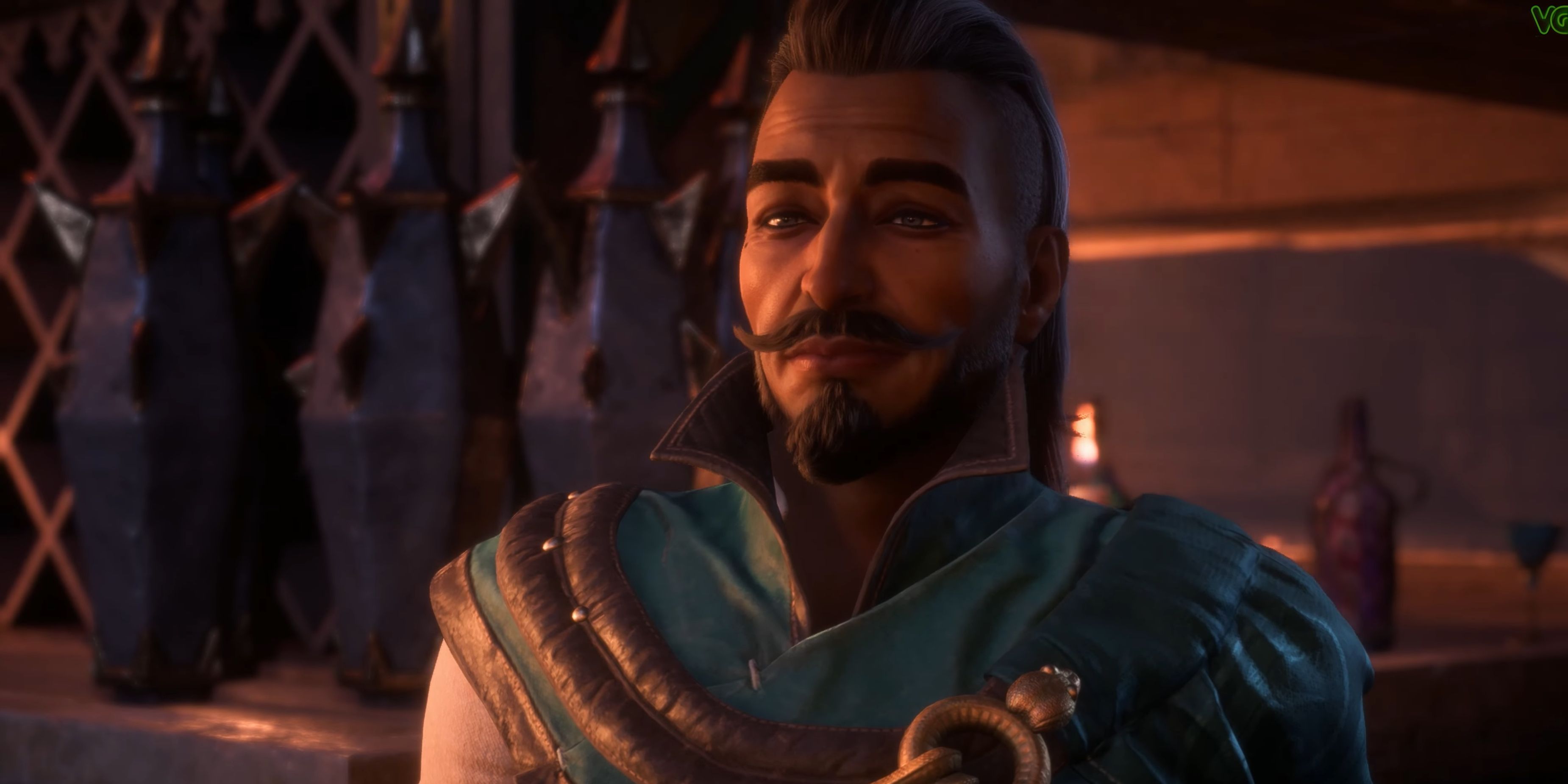
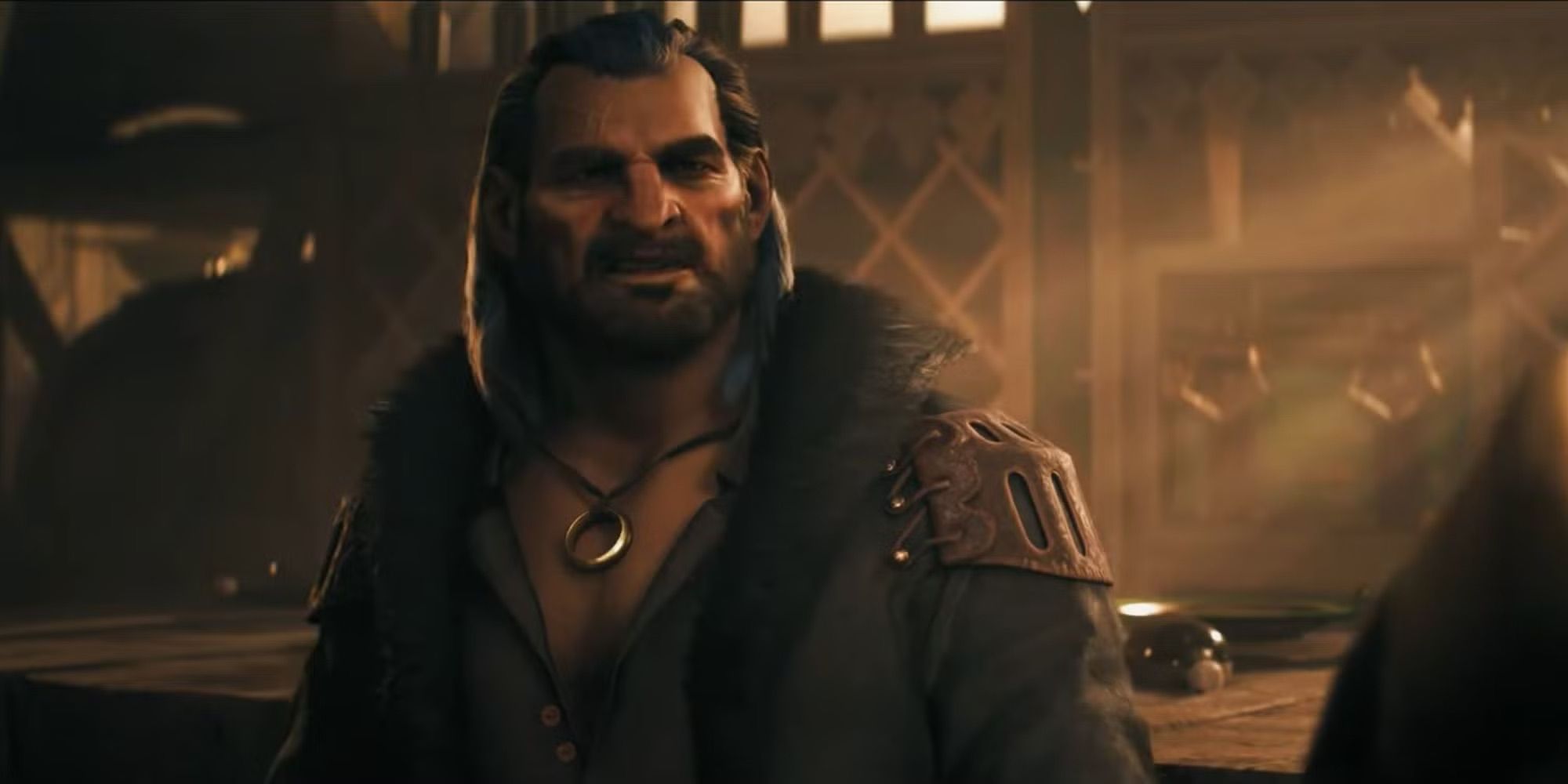
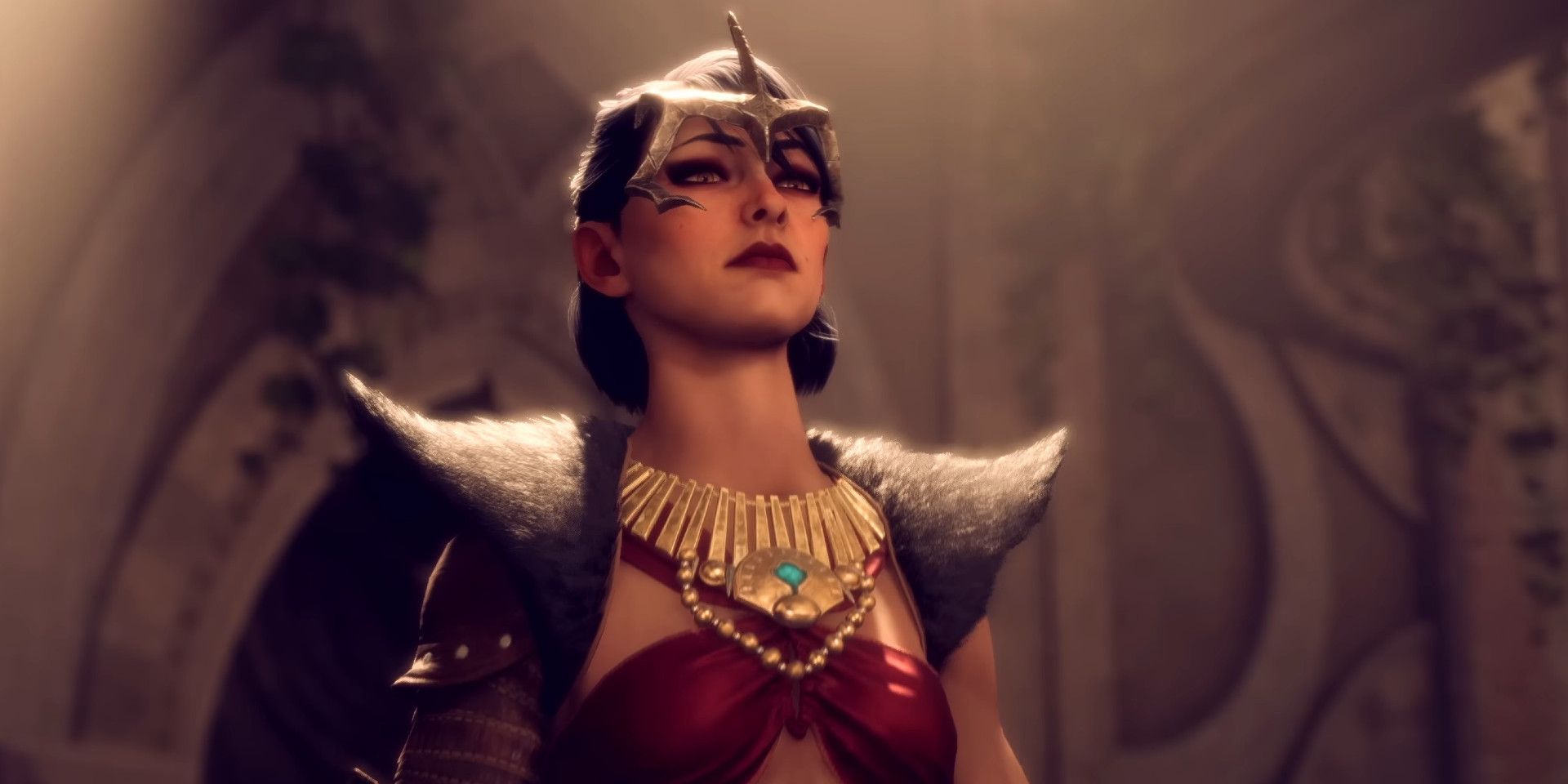
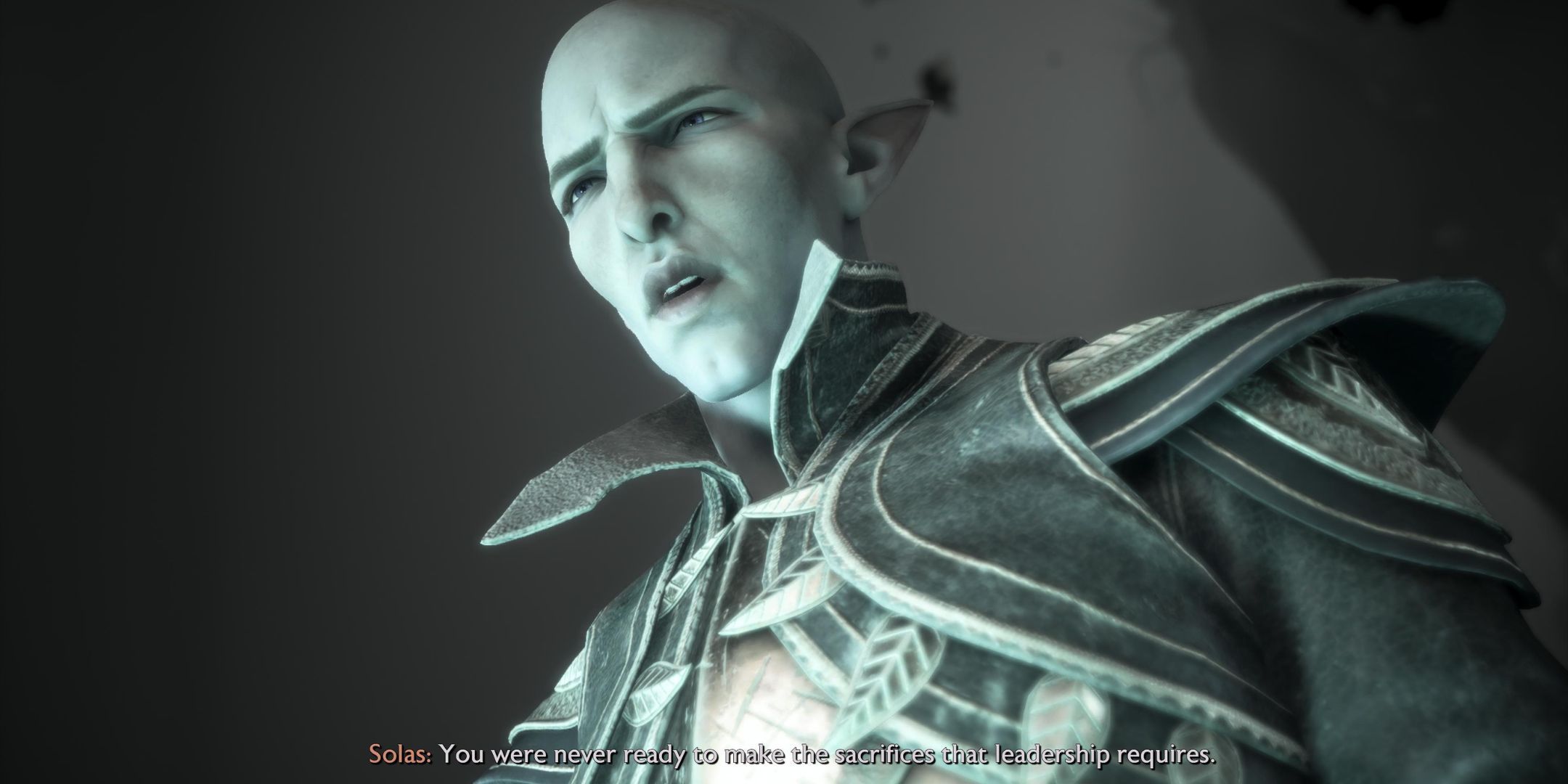
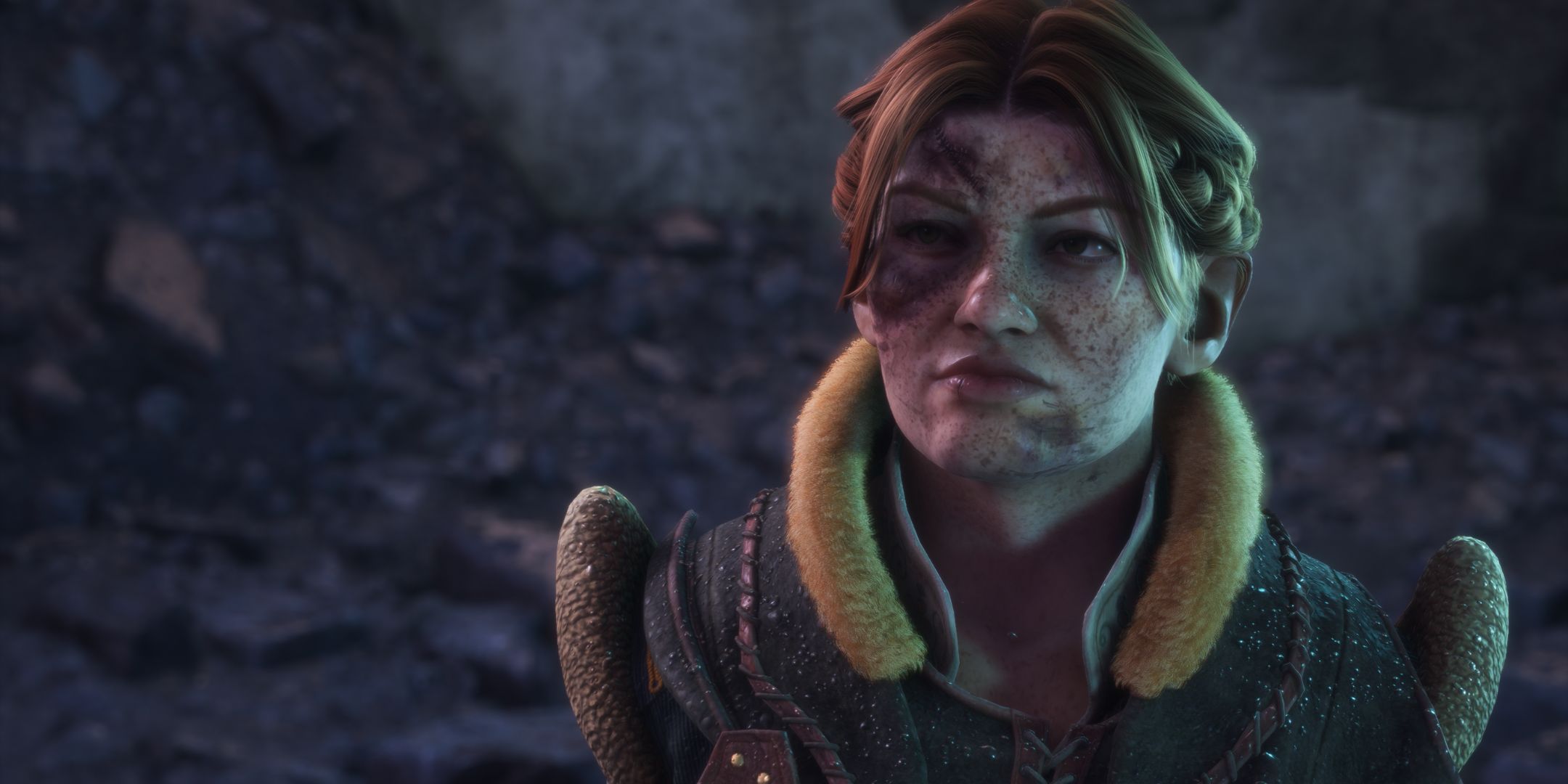





Unfortunately, while the decisions in Dragon Age: The Veilguard can influence the game’s story in important ways, the same can’t be said for decisions from past games. In total, Veilguard only implements three major decisions from Inquisition, all of which can be set during character creation, and none from either Dragon Age: Origins or Dragon Age 2. The result is that many of Veilguard‘s references to past Dragon Age games are frustratingly vague, particularly when it comes to legacy characters, like Veilguard‘s versions of Morrigan and Dorian, whose histories are unspecified.
Veilguard allows players to set three choices from Inquisition during character creation, along with customizing the Inquisitor – which character the Inquisitor romanced, the final fate of the Inquisition as a whole, and the Inquisitor’s intentions towards Solas, leaving out important decisions like who drinks from the Well of Sorrows or which character becomes the Divine of the Orlesian Chantry.
So, while players might have certain versions of Dragon Age‘s past companions in mind, when they appear in Veilguard, they can’t be committed to any particular version of themselves. Even major choices, like whether Morrigan has a child, have to remain unspecified in-game, leading to versions of characters that feel disconnected from their original stories. In the grand scheme of Veilguard, this can be seen as a minor issue, especially by newer players who might not have played the previous games, but many longtime fans will feel the disconnect from the versions of these characters that they’re familiar with.
Importantly, Veilguard‘s lackluster handling of choices from previous games likely stems from the increasing difficulty of implementing those choices. With each passing Dragon Age game, the variability of past events increases – whereas Dragon Age 2 only had to account for Origins to maintain continuity, if Veilguard wanted to achieve the same effect, it would’ve been left with the tall task of trying to cover events from Origins, 2, and Inquisition, potentially bloating the game and expanding its scope past what BioWare could reasonably develop. Unfortunately, the end result is that Veilguard feels particularly disconnected from the other games.
Dragon Age Has Never Represented Past Games Well
Every Dragon Age Sequel Has Had Trouble With The Choices Of Previous Games
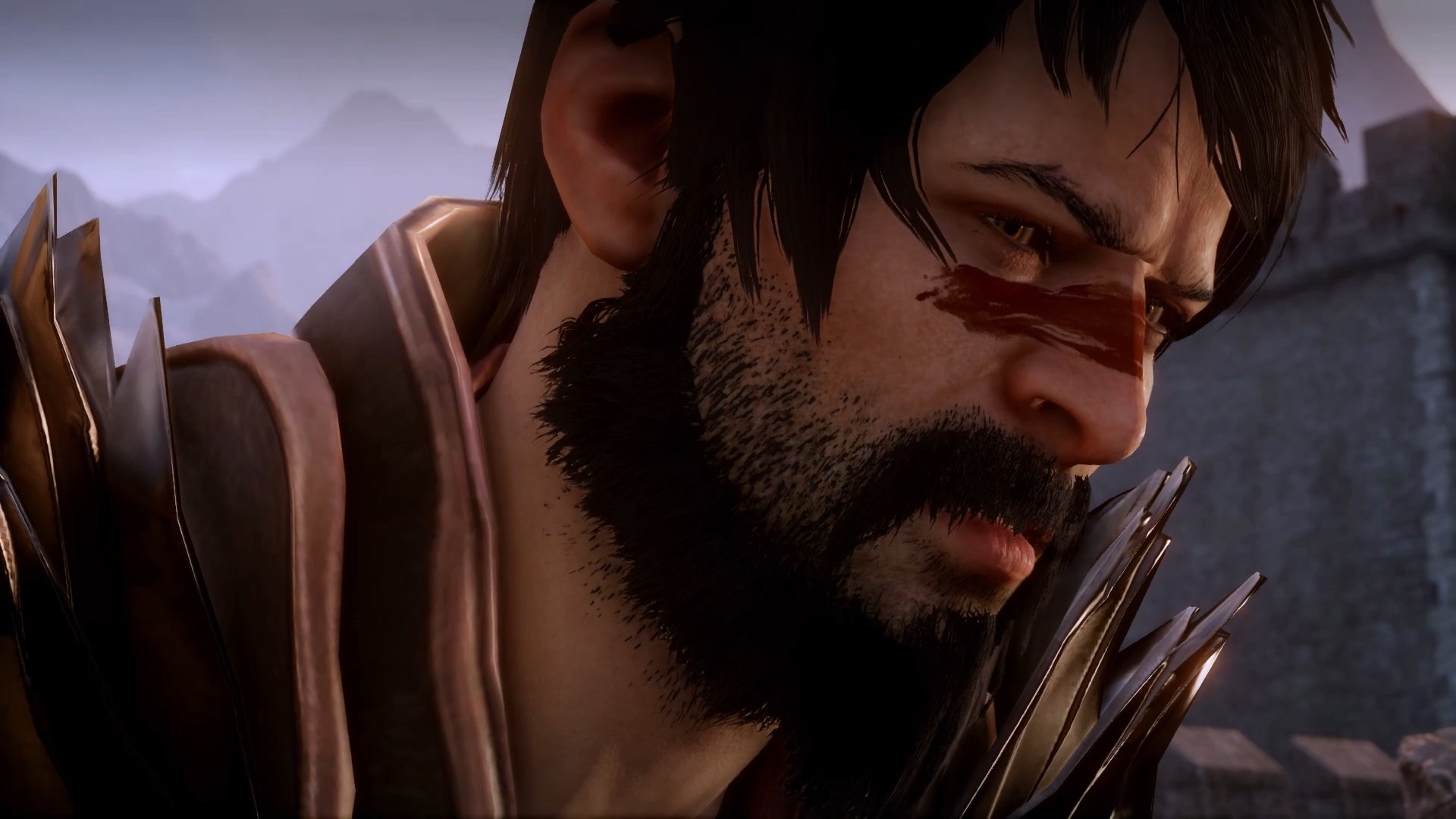
However, while Veilguard does perhaps the worst job of keeping continuity with other games, the problem isn’t entirely exclusive to just Veilguard alone. While Dragon Age 2 and Inquisition both had more comprehensive systems for implementing player choices from past games, the consequences of those choices were largely cosmetic, and didn’t factor much into the overarching narrative of each game. In most cases, these choices served simply as small nods to longtime Dragon Age fans, with minimal impact on the rest of the story.
Dragon Age 2 allowed players to import their saves from Dragon Age: Origins to implement their decisions from that game, and Dragon Age: Inquisition used the Dragon Age Keep website to allow players to select outcomes for both Origins and 2 .
Moreover, while Dragon Age 2 and Inquisition do a better job of implementing past choices than Veilguard, the difficulty of keeping each separate storyline in check for every returning character causes some inconsistencies. Hawke’s appearance as an NPC in Inquisition, for example, is especially notable, as their dialogue, appearance, and general place in the setting can be jarring for players who previously had full control over almost every aspect of Hawke in the previous game, and Inquisition‘s Hawke is seen by many players as acting out of character.
Dragon Age Can’t Replicate Mass Effect’s Storytelling
Dragon Age’s Structure Isn’t Conducive To Keeping A Strict Continuity Between Games
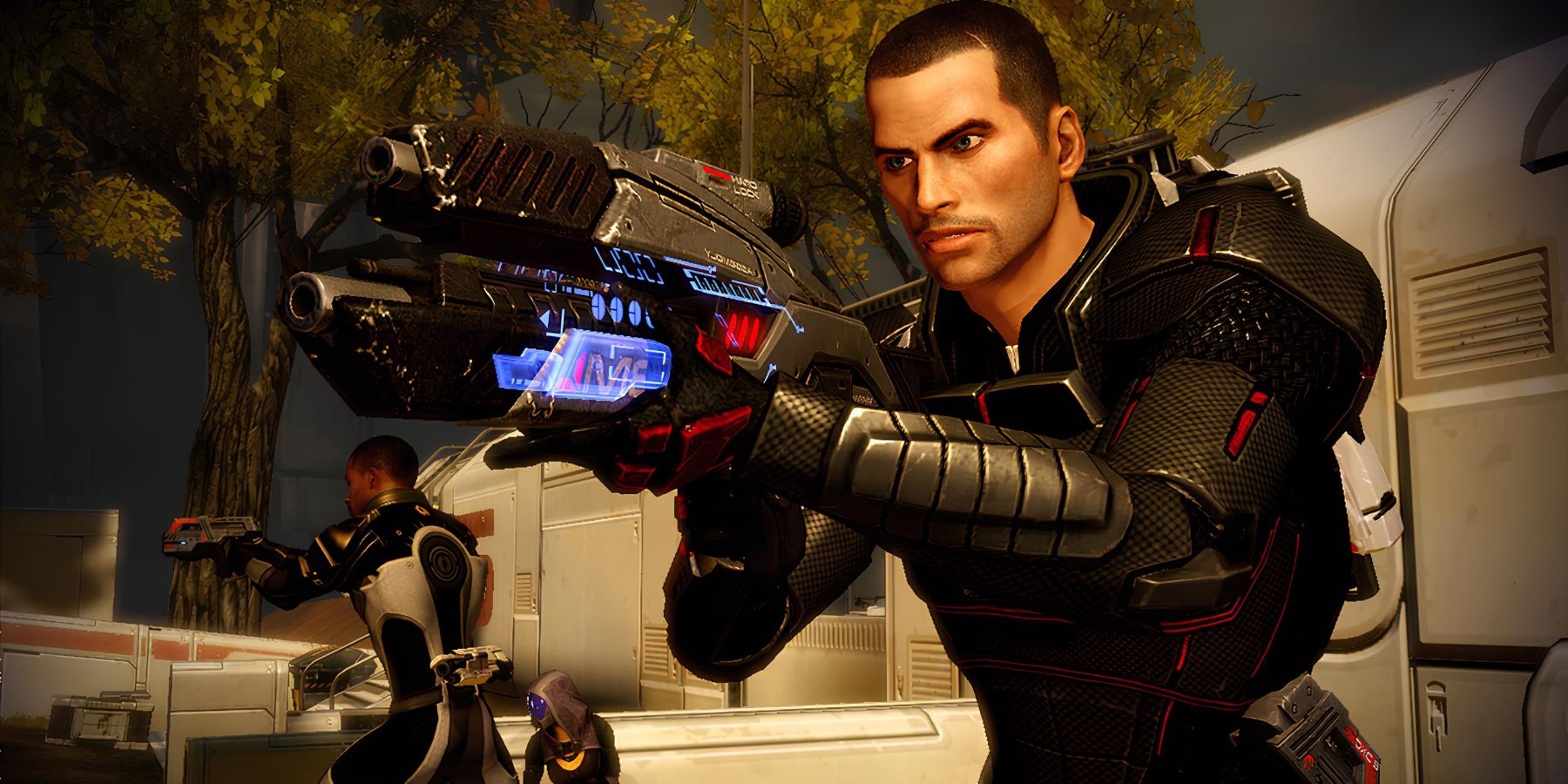
Of course, while BioWare has another RPG franchise that generally does a better job of keeping player choices consistent across games in Mass Effect, the series has some key differences from Dragon Age that make for easier implementation. Most notably, whereas each Dragon Age game tells a mostly standalone story in the setting of Thedas, each starring a different protagonist, the original Mass Effect trilogy was a fully continuous story, detailing the journey of a single protagonist, Commander Shepherd, in their fight against one main enemy faction, the Reapers.
The result is that Mass Effect 2 and Mass Effect 3 can build on the stories of the games before them in much more natural and meaningful ways, allowing choices from previous games to matter more than they can in Dragon Age, where putting too much emphasis on decisions from past games might take away from the current game’s story rather than adding to it. Dragon Age‘s story structure means that the games have trouble connecting to the stories of past entries, which in Veilguard‘s case isn’t helped by the 10-year gap between it and Inquisition.
Dragon Age: The Veilguard‘s handling of events from previous games has given it a somewhat mixed reception among longtime fans of the series, as the game fails to address the previous games in a satisfying way. While this flaw is more apparent in Veilguard though, the issue was already present even in Dragon Age 2 and Inquisition, and if there is another sequel after Dragon Age: The Veilguard, the difficulty of acknowledging past events will only get worse.

